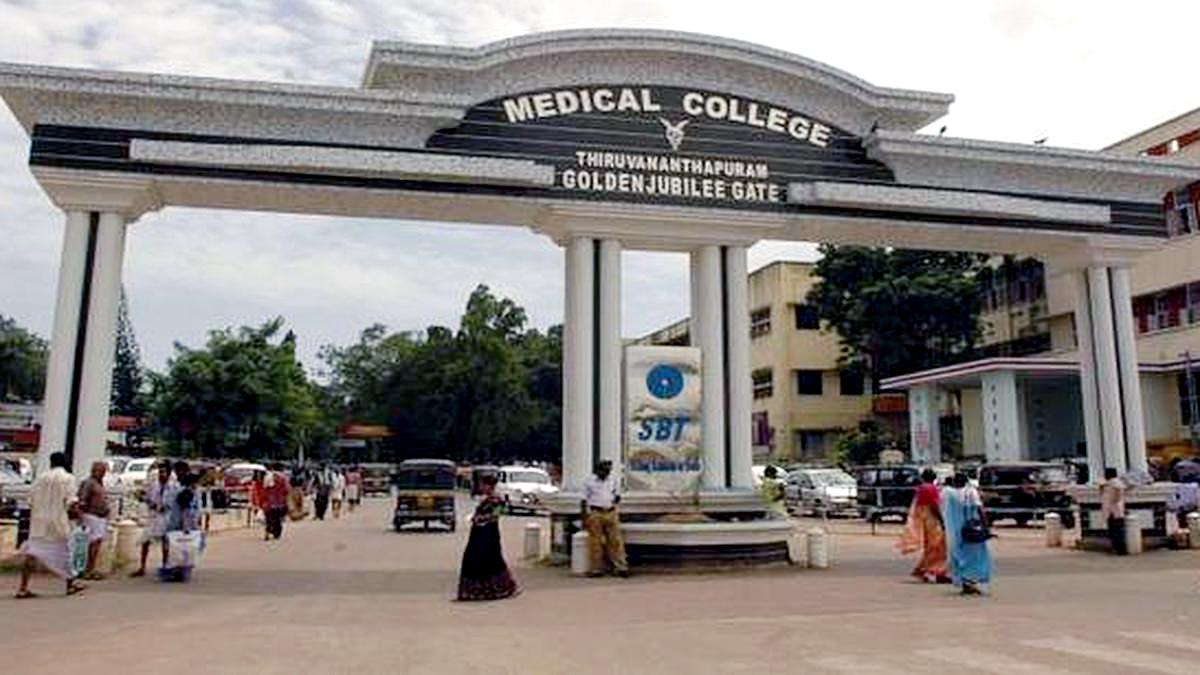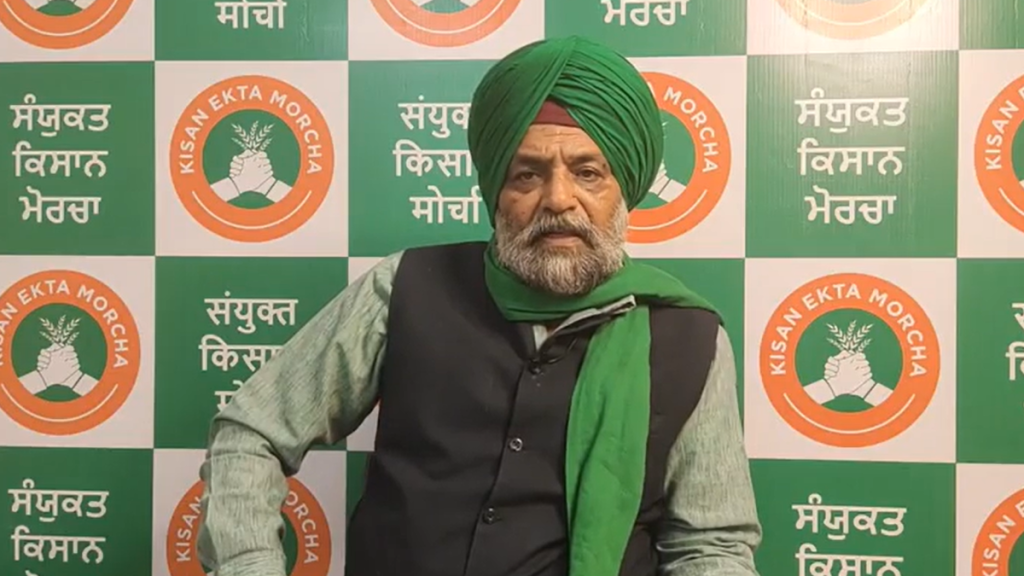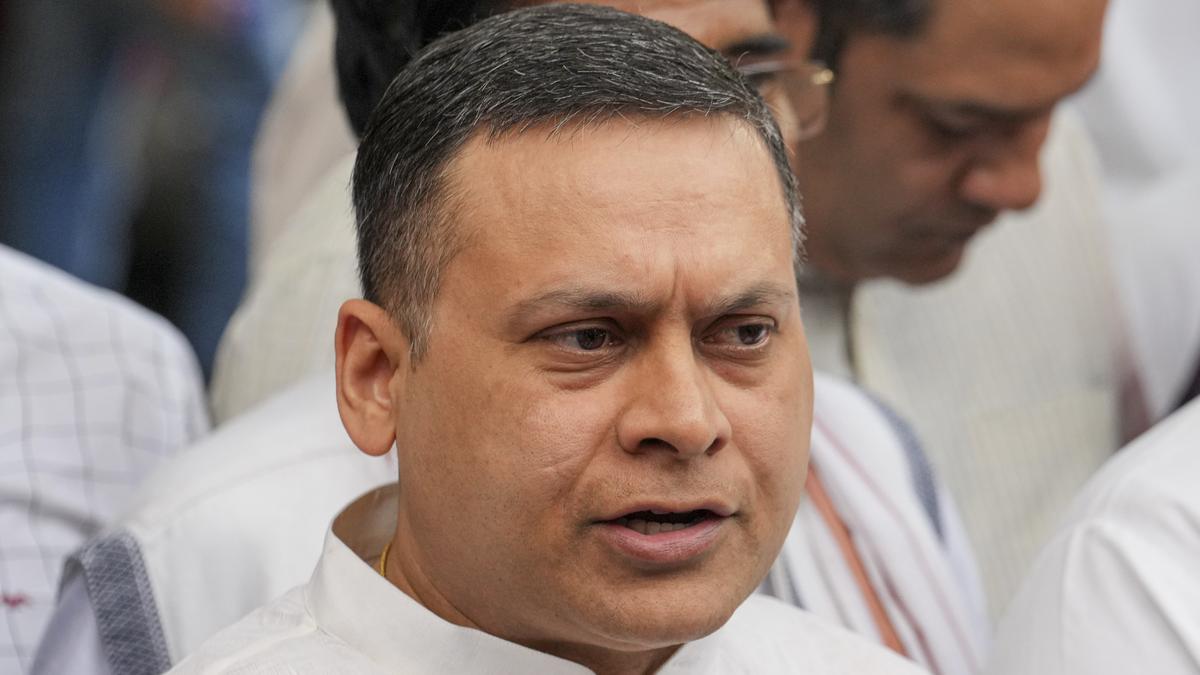Now Reading: Controversy Deepens at Thiruvananthapuram Government Medical College
-
01
Controversy Deepens at Thiruvananthapuram Government Medical College
Controversy Deepens at Thiruvananthapuram Government Medical College

Quick Summary:
- Dr. haris Chirackal,Head of Urology at Thiruvananthapuram Government Medical College,raised systemic deficiencies affecting patient care adn is now facing scrutiny over a “missing” piece of equipment,the Morcilloscope.
- The medical college conducted inspections of Dr. Chirackal’s room on august 5 and 7 after an expert committee highlighted the missing equipment in its report.
- During these inspections, authorities first found one Morcilloscope and later discovered another box with a Nephroscope.The box allegedly contained suspicious purchase bills dated August 2.
- CCTV footage reportedly showed someone entering Dr. Chirackal’s locked office, prompting calls for further investigation.
- Dr. Chirackal claims officials locked his room after two inspections and expressed concerns about being framed with false allegations.
- KGMCTA (Kerala Government Medical College Teachers’ Association) has voiced support for Dr. Chirackal,demanding an self-reliant inquiry into the matter while calling him a victim of extreme stress.
- Leader of Opposition V.D. Satheesan accused the kerala Health Minister of conspiring against the whistle-blower doctor as a warning to others.
Indian Opinion Analysis:
The controversy surrounding Dr. Haris Chirackal reflects two pressing challenges: protecting whistle-blowers in India’s healthcare system and addressing institutional accountability comprehensively without undermining clarity or fairness. While investigations attempt to uncover facts around missing equipment, ambiguity persists regarding procurement records and CCTV footage-adding layers to what seems like institutional discord.
For India’s public healthcare framework, such cases underscore risks whistle-blowers face when exposing deficiencies-a reminder that systemic transparency needs robust mechanisms shielded from alleged reprisals or political influence. Emergent support from professional bodies like KGMCTA highlights solidarity within medical communities but also hints at broader tensions between government authorities and healthcare professionals.
Further inquiry will be critical not only for resolving this immediate issue but also as precedent-setting groundwork towards defining how professionals navigating ethical concerns are treated within public systems nationwide.
Read more here.























